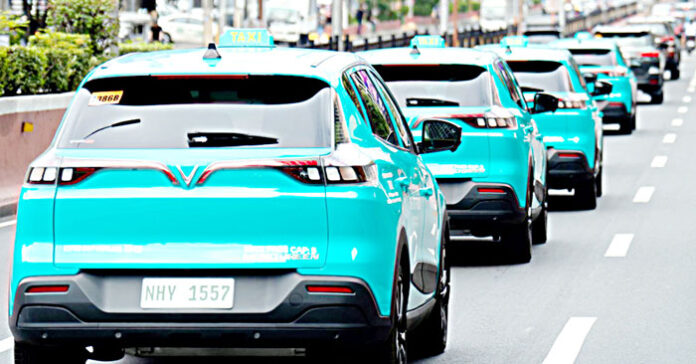The landscape of the electric vehicle (EV) industry is a dynamic one, with new developments emerging daily that paint contrasting pictures for its future.
On one side, we have Tesla, a pioneer in the EV space, grappling with declining sales not only in its home market of the United States but also across many international territories. Adding to its woes are recent controversies surrounding its founder and CEO, Elon Musk, who has reportedly expressed “regrets” over past criticisms and insults directed at President Donald Trump. Previously, Musk’s perceived close ties with Trump and his involvement with DOGE cryptocurrency activities are said to have caused friction with Tesla buyers both in the US and abroad. In an effort to counteract this sales slump, Musk initiated significant price reductions for Tesla vehicles. This move immediately sent ripples through the competitive Chinese EV market, particularly impacting its dominant player, BYD.
In response, BYD unleashed a fierce price war on its home turf in China, implementing substantial price cuts across its own product line. This aggressive strategy has put immense pressure on other Chinese car manufacturers, including notable names like Geely, Zeekr, and Xpeng. This price competition comes at a challenging time for the global EV industry, which is already contending with weaker demand and a significant overcapacity, a situation that ironically, the industry itself helped create several years prior.
Reports indicate that many Chinese EV makers are now operating at less than 50% production capacity utilization. This dire situation is leading to substantial profit cuts and forcing smaller competitors to either consolidate or cease operations entirely. Even BYD, a leader in sales within China and globally, has reportedly seen a market value loss of $15.6 billion since its shares peaked in early June 2025. This has prompted their aggressive stance on price reductions. Last year, the Chinese automotive sector witnessed the closure of 16 car manufacturers, while 13 new entrants joined the market. More recently, Jiyue Auto, a venture jointly backed by Zhejiang Geely Holding Group Co. and technology giant Baidu Inc., is reported to have drastically cut production and is now seeking fresh funding to remain afloat.
This escalating price war, now widespread across the Chinese EV industry, has even spurred intervention from the ruling government, which has been a principal funder of the nation’s transition to zero-emission vehicles. However, the Chinese authorities, who directly attribute the “rat-race competition” to the EV manufacturers themselves, appear to have had limited success in curbing the intense rivalry.
While Tesla grapples with its sales challenges, Chinese EVs have largely ceased entering the US market due to stiff tariffs. They also face considerable difficulty in penetrating the Japanese and Korean markets, primarily due to the strong nationalistic stance within those countries. This leaves the Southeast Asian region, including the Philippines, as a significant opportunity market for electric vehicles. However, with the current, pervasive EV price war raging in “all directions,” would you be daring enough to purchase your chosen “green car” now, when there’s a distinct possibility you could acquire it for a significantly lower price next week?







